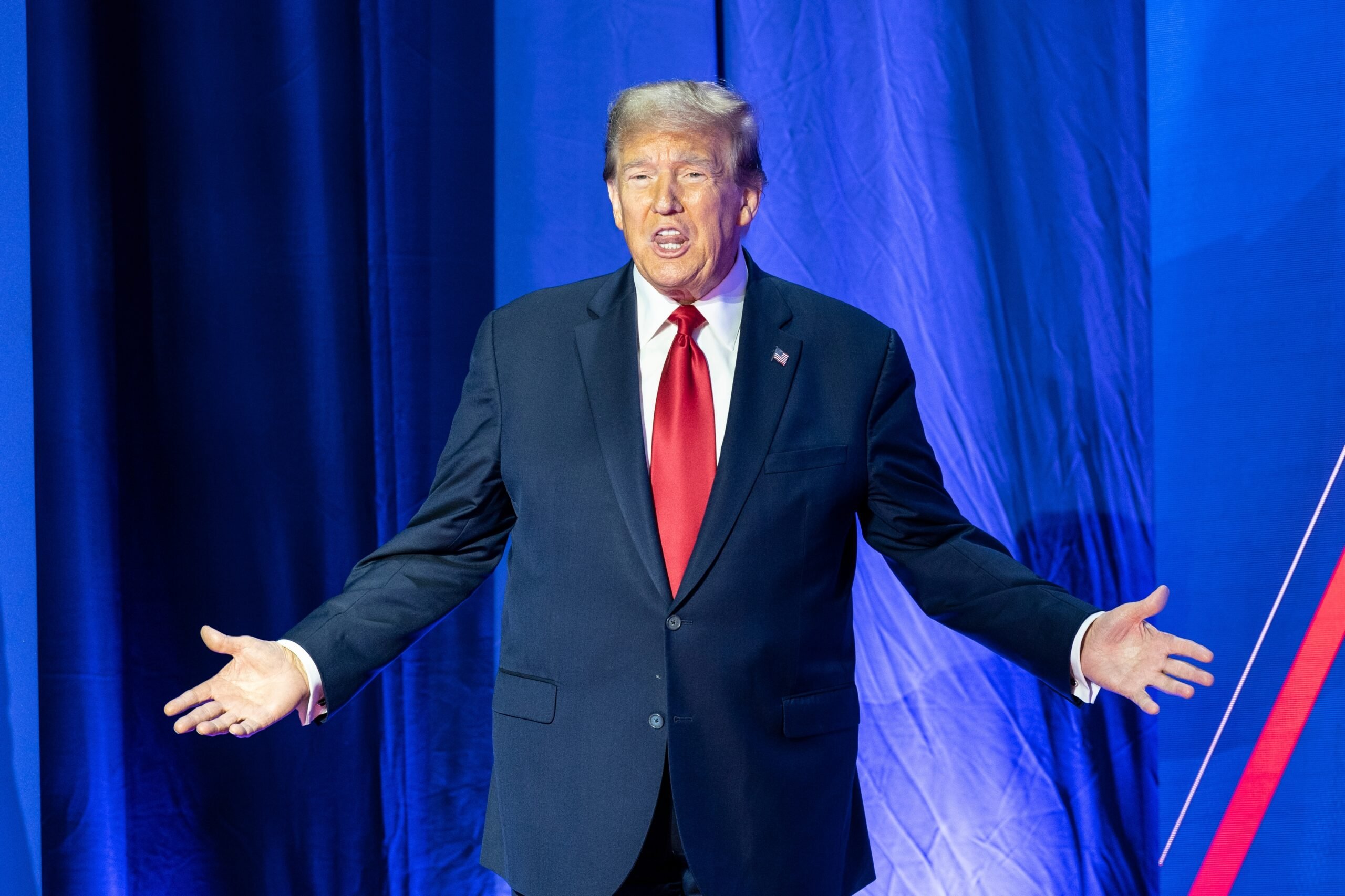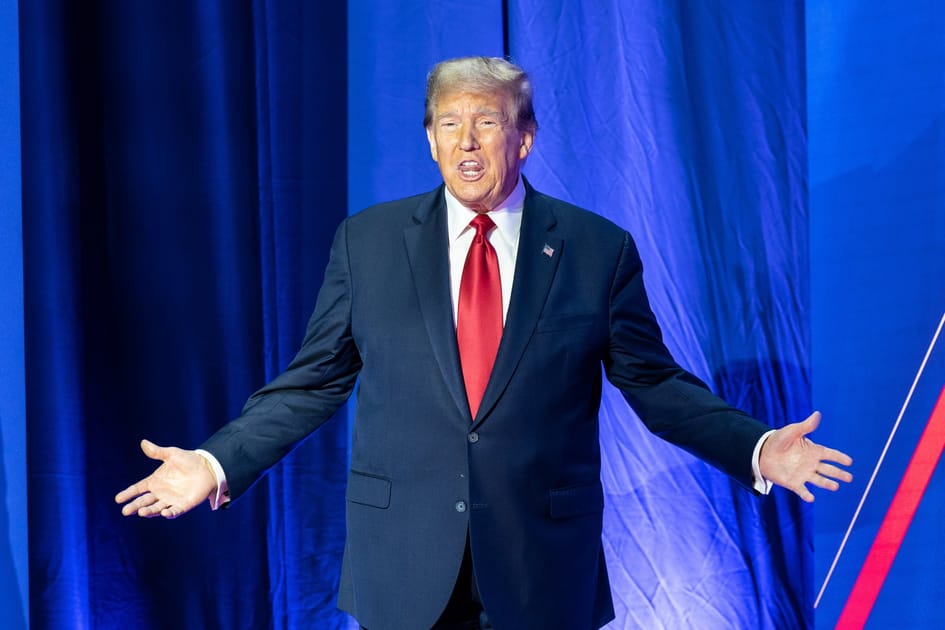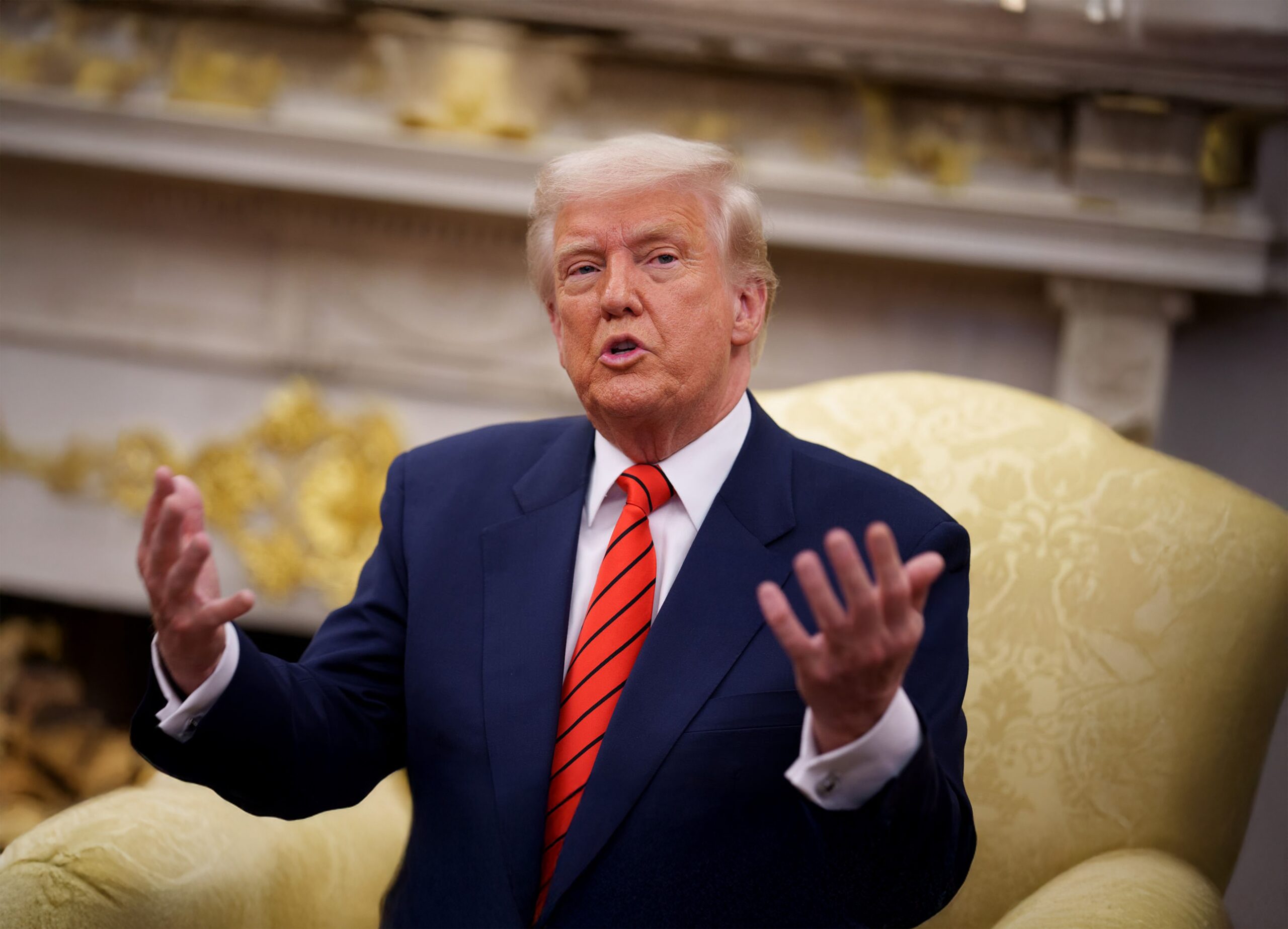5 Things to Know About the US Strikes on Iran


This article was originally published by The Epoch Times: 5 Things to Know About the US Strikes on Iran
‘God bless the Middle East, God bless Israel, and God bless America,’ Trump said after the strikes.
On June 21, President Donald Trump announced that the United States had taken part in strikes on Iranian nuclear facilities, putting an end to weeks of speculation about how the White House would respond to the threat posed by a nuclear-capable Iran.
“We have completed our very successful attack on the three Nuclear sites in Iran, including Fordow, Natanz, and Esfahan,” Trump wrote in a post on Truth Social.
The move prompted domestic and international reactions. Here’s what to know.
Iran’s Key Nuclear Sites ‘Obliterated’
Trump said during an address to the nation that U.S. strikes had “completely and totally obliterated” three key Iranian nuclear facilities, including Fordow, Natanz, and Isfahan (also spelled Esfahan).
“Tonight, I can report to the world that the strikes were a spectacular military success,” Trump said during a 10 p.m. ET speech from the White House. He was flanked by Vice President JD Vance, Secretary of State Marco Rubio, and Secretary of Defense Pete Hegseth.
“Our objective was the destruction of Iran’s nuclear enrichment capacity and a stop to the nuclear threat posed by the world’s number one state sponsor of terror,” Trump said.
Fox News’ Sean Hannity recounted a conversation with Trump after the strikes, saying Trump informed him that the strikes had made use of 30,000-pound bunker buster bombs in the strikes. U.S. submarines also assisted.
Trump Threatens ‘Far Greater’ Attacks If No Peace
Trump threatened Iran with “far greater” attacks if the regime refused to make peace.
“Iran, the bully of the Middle East, must now make peace,” Trump said. “If they do not, future attacks will be far greater and a lot easier.”
He added, “There will be either peace or there will be tragedy for Iran far greater than we have witnessed over the last eight days.”
US Worked With Israel
Trump confirmed the United States worked with Israel, taking a moment in his address to the nation to thank Israeli Prime Minister Benjamin Netanyahu.
“We worked as a team like perhaps no team has ever worked before, and we have gone a long way to erasing this horrible threat to Israel. I want to thank the Israeli military for the wonderful job they have done,” Trump said.
“And most importantly, I want to congratulate the great American patriots who flew those magnificent machines tonight and all of the United States military on an operation the likes of which the world has not seen in many, many decades. Hopefully, we will no longer need their services in this capacity; I hope that’s so.
“God bless the Middle East, God bless Israel, and God bless America,” Trump added.
Netanyahu also thanked Trump for the strikes.
“Your bold decision to target Iran’s nuclear facilities, with the awesome and righteous might of the United States, will change history,” he said.
“History will record that President Trump acted to deny the world’s most dangerous regime the world’s most dangerous weapons,” he added.
Iran Atomic Agency Vows to Continue Program
The Iranian Atomic Energy Organization said it will continue with its development of its “national industry,” an apparent reference to its nuclear development.
Iran’s state-run IRNA news agency early Sunday confirmed that the Fordow nuclear enrichment facility had been struck. The outlet also acknowledged strikes on the Natanz enrichment facility and Isfahan nuclear processing site.
Iranian state media also said early Sunday that there were “no signs of contamination” at its nuclear sites targeted by U.S. airstrikes, per the country’s National Nuclear Safety System Center. The group said no radioactive release had been detected from the strikes.
Foreign Minister Abbas Araghchi responded to the attacks in a post on social media platform X, saying that Tehran “reserves all options” to retaliate.
“The United States, a permanent member of the United Nations Security Council, has committed a grave violation of the U.N. Charter, international law and the NPT [non-proliferation treaty] by attacking Iran’s peaceful nuclear installations,” he wrote.
Israel and the United States, on the other hand, had taken issue with Iran’s non-compliance with the safeguards agreement under the International Atomic Energy Agency (IAEA) and agency inspections to confirm that its nuclear program remained peaceful, in violation of its legally binding international obligations under the nuclear non-proliferation treaty.
“The events this morning are outrageous and will have everlasting consequences,” Araghchi wrote. “In accordance with the UN Charter and its provisions allowing a legitimate response in self-defense, Iran reserves all options to defend its sovereignty, interest, and people.”
The United Nations, Chile, Venezuela, and Cuba were among those to condemn the U.S. strikes as a dangerous escalation and violation of international law.
Prior to the strikes, Israel said that Iran could be just weeks away from obtaining a nuclear weapon, while Trump has said Iran was weeks to months away from a nuclear bomb.
The IAEA said on June 13 that Iran had enriched Uranium-235 to 60 percent, approaching the 90 percent threshold for weapons-grade nuclear enrichment. IAEA director general Rafael Grossi added on June 20 that the agency has “confirmed that Iran does have, even now, enough material for several warheads,” although the material may not be used for nuclear weapons.
A few hours after the U.S. strikes, the Israeli military said missiles launched by Iran toward Israel had been detected, triggering sirens across Israel and Jordan. Explosions were reported in Jerusalem, according to initial reports.
Some Lawmakers Want Congressional Authorization
While some lawmakers have been supportive of Trump’s authorizing the strikes, others want congressional authorization before any additional actions are undertaken.
Striking Iran without Congress’ approval “is a grave violation of the Constitution and Congressional War Powers,” Rep. Alexandria Ocasio-Cortez (D-N.Y.) said.
“This was unconstitutional,” wrote Rep. Thomas Massie (R-Ky.), who had been pushing for requiring congressional authorization to get involved in the conflict.
Rep. Ro Khanna (D-Calif.) called for lawmakers to immediately return to Washington to vote on a measure he had introduced alongside Massie “to prevent America from being dragged into another endless Middle East war.”
Melanie Sun contributed to this report.
If you found this article interesting, please consider supporting traditional journalism
Our first edition was published 25 years ago from a basement in Atlanta. Today, The Epoch Times brings fact-based, award-winning journalism to millions of Americans.
Our journalists have been threatened, arrested, and assaulted, but our commitment to independent journalism has never wavered. This year marks our 25th year of independent reporting, free from corporate and political influence.
That’s why you’re invited to a limited-time introductory offer — just $1 per week — so you can join millions already celebrating independent news.
Source link






